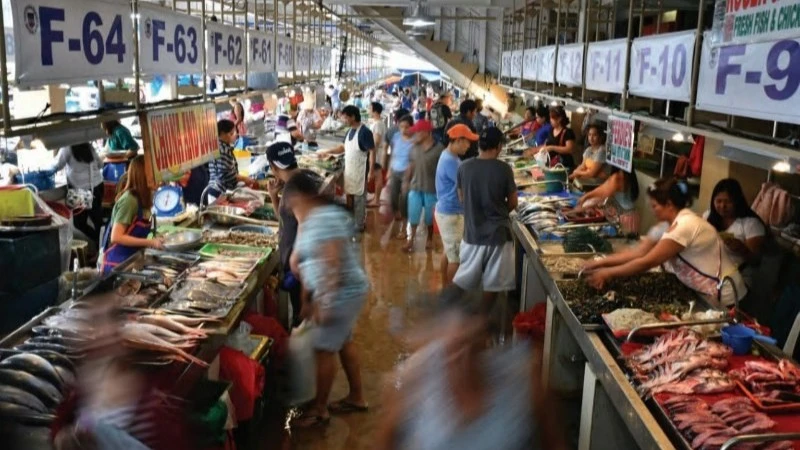As Chair of the Group of Twenty (G20) in 2025, South Africa has announced that tackling inequality will be placed at the centre of the agenda for the upcoming G20 Summit.
Humanity has made remarkable progress in narrowing development gaps and promoting social justice. According to a recent study by the International Labour Organisation (ILO), over the past three decades, the global extreme poverty rate has fallen sharply from 39% to 10%; more children are free from hardship, and primary school enrollment has risen by 10%. These encouraging figures have added brighter tones to the global socio-economic landscape.
However, many people and countries still face the risk of being left behind as inequality remains unresolved. The Extraordinary Committee of Independent Experts on Global Inequality, established during South Africa’s G20 presidency, emphasised that the world must now recognise inequality as a “state of emergency.” The Committee pointed out a stark paradox: while a quarter of the world’s population faces moderate to severe food insecurity, the wealth of billionaires has reached record highs. The richest 10% now hold 74% of global wealth, and the economic gap between the Global North and South remains vast.
Inequality threatens democracy, hinders economic growth, exacerbates the climate crisis, and fuels a series of social injustices—including gender inequality and human rights violations.
Inequality threatens democracy, hinders economic growth, exacerbates the climate crisis, and fuels a series of social injustices—including gender inequality and human rights violations. Many African nations remain “hotspots” of hunger, with over 20% of the population struggling daily for food, while nearly 30% of the world’s food is lost or wasted, mainly in wealthy countries. UN Secretary-General António Guterres noted that this imbalance in the global food system forces billions to pay the price, putting the goal of ending poverty by 2030 at risk.
The spiral of inequality has become clearer amid crises such as pandemics, economic downturns, and climate change. According to the United Nations, poor households are especially vulnerable to extreme weather, as they often depend on climate-sensitive sectors like agriculture and informal labour. When disasters strike repeatedly or overlap, their effects accumulate—trapping millions in intergenerational poverty.
Addressing the debt crisis in developing countries is a crucial step toward narrowing the inequality gap. Guterres noted that too many nations are trapped under massive debt burdens: over 40% of the global population lives in countries that spend more on debt servicing than on healthcare or education. In Africa, governments spend an average of 17% of fiscal revenues just to pay off debts. Reducing this share to below 10% could free up funds to provide millions with clean water and sanitation, preventing roughly 23,000 child deaths annually.
Rising inequality is deepening the divide between the rich and the rest of the world, threatening the very foundations of global growth. Against this backdrop, the G20 Summit, scheduled for November 2025 in South Africa, will mark a historic milestone as it brings global inequality to the forefront of the agenda for the first time. The event represents a “golden opportunity” for nations to discuss and implement concrete solutions, ensuring that no one and no country is left behind on the path toward shared global development.
















